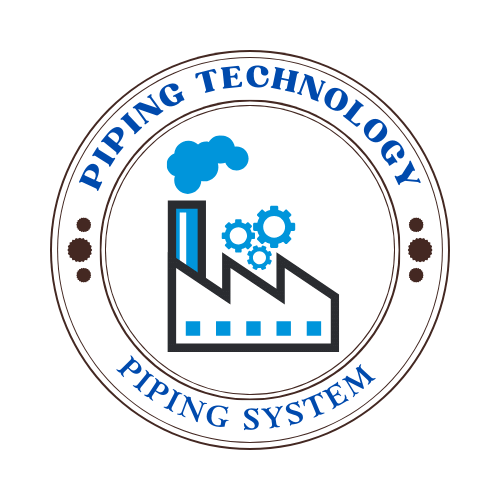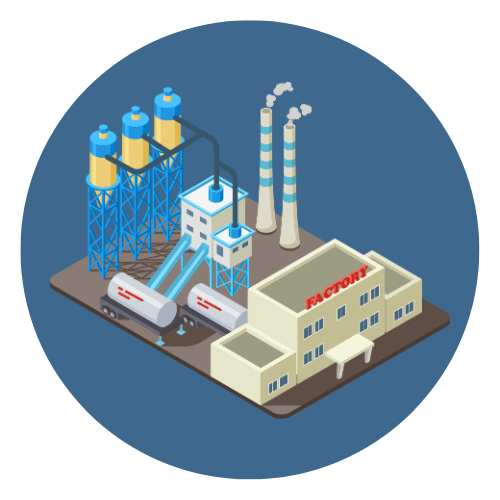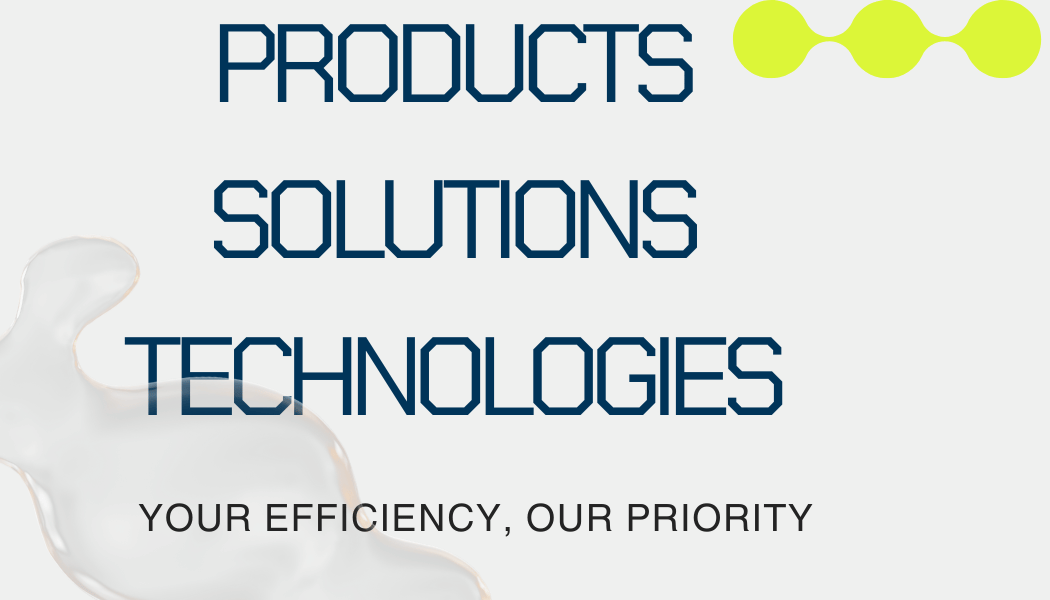
Pipe welding is a specialized form of welding that involves joining sections of pipe together to form pipelines, which are critical components in various industries. These industries include oil and gas, construction, shipbuilding, chemical processing, power generation, and water treatment, among others. The integrity of these pipelines is paramount, as they often transport hazardous materials under high pressure. Therefore, the quality and reliability of the welds are crucial to ensuring the safety and efficiency of operations.
In the oil and gas industry, for example, pipe welding is essential for constructing pipelines that transport crude oil, natural gas, and other petroleum products over long distances, often across challenging terrains. In construction, welded pipes are used in plumbing, heating, and cooling systems, as well as in structural applications. The shipbuilding industry relies on pipe welding for the installation of essential systems such as fuel lines, water supply, and exhaust systems within vessels.
Brief Explanation of Different Pipe Welding Applications
Pipe welding applications vary depending on the specific requirements of the project and the industry. Some common applications include:
- Transmission Pipelines: These pipelines transport oil, gas, water, and other fluids over long distances. The welding must be highly durable to withstand the pressures and environmental conditions encountered.
- Process Piping: Found in refineries, chemical plants, and other industrial facilities, process piping systems require precise welding to handle the flow of various chemicals and materials under controlled conditions.
- Boiler and Pressure Vessel Piping: Used in power plants and other facilities, this type of piping is subject to high pressures and temperatures, requiring specialized welding techniques to ensure safety and reliability.
- Offshore Pipelines: In offshore drilling and production, pipelines are used to transport oil and gas from the seabed to processing facilities. The harsh marine environment demands high-quality welds that can resist corrosion and other forms of degradation.
- Water and Wastewater Systems: Pipe welding is also critical in municipal water supply and wastewater treatment systems, where pipelines must be leak-proof and capable of handling varying pressures and flow rates.
Each of these applications requires a different approach to welding, depending on factors such as the material of the pipe, the operating conditions, and the specific industry standards that must be met. The choice of welding technique, filler materials, and inspection methods are all tailored to ensure the highest level of performance and safety in each application.


 Automation System
Automation System  Energy Engineeing
Energy Engineeing  Instrumentation System
Instrumentation System  Mechanical Engineeing
Mechanical Engineeing  Piping Technologies
Piping Technologies  Transportations
Transportations  Manufacturing
Manufacturing  Training Material
Training Material 














